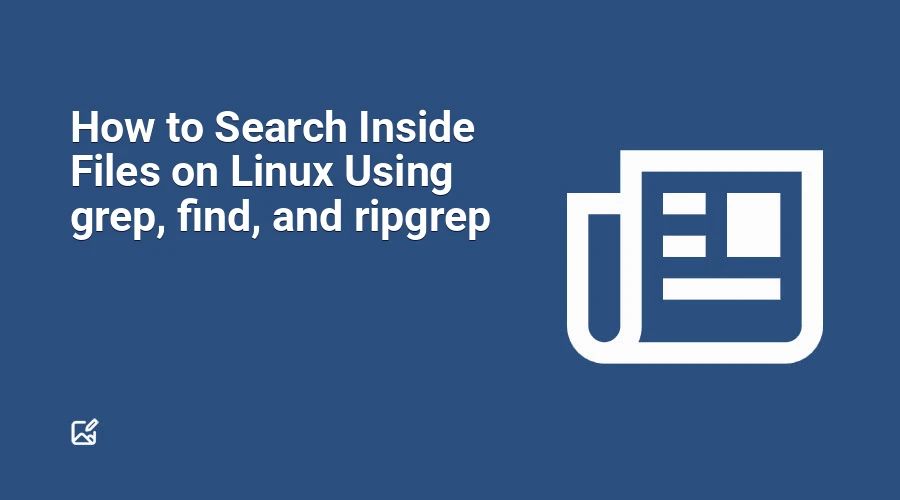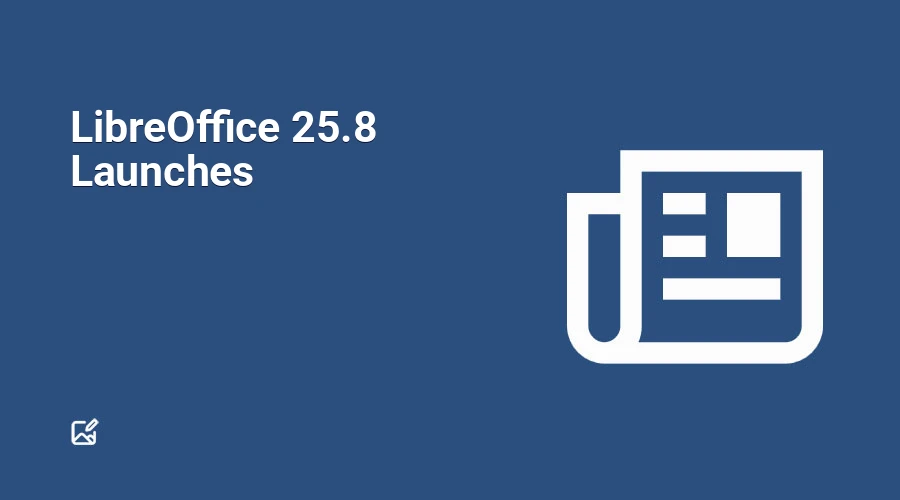Searching inside files is an essential skill for every Linux user—from sysadmins troubleshooting configurations, developers exploring codebases, to security analysts hunting for secrets. Instead of
-
-
If you use Ubuntu or a Linux-based OS on your laptop, you probably glance at your battery level from the system tray or settings when needed. But have you ever wondered how healthy your battery
-
If you’re running Ubuntu 24.10 and are excited to get your hands on the latest Ubuntu 25.04 Plucky Puffin release, you don’t need to perform a fresh install from an ISO. Thanks to Ubuntu’s built-in
-
The Document Foundation has unveiled LibreOffice 25.8, the newest release of its renowned open source office productivity suite available for Windows, macOS, and Linux. This update continues to
-
- Posted on
- Featured Image
Maintaining the integrity and availability of data on a web server is vital for any organization. Utilizing the rsync tool facilitates effective synchronization of files and directories between -
- Posted on
- Featured Image
Network File System (NFS) is an excellent solution for facilitating remote file access across a network. It operates on a client-server architecture, enabling seamless file sharing between various -
- Posted on
- Featured Image
Debian, a widely used and community-driven Linux distribution, has released its latest stable version, Debian 11, codenamed Bullseye. This version comes packed with numerous enhancements and new -
- Posted on
- Featured Image
The cp command is a fundamental tool in Linux for managing files and directories. It allows users to efficiently copy files from one location to another while providing a variety of options to -
- Posted on
- Featured Image
RabbitMQ serves as a powerful open-source message broker that facilitates seamless communication between various distributed systems. With support for multiple messaging protocols and a highly -
- Posted on
- Featured Image
Efficiently managing remote connections can greatly improve productivity, especially when working with multiple servers. One of the most powerful tools for this task is the custom SSH client



